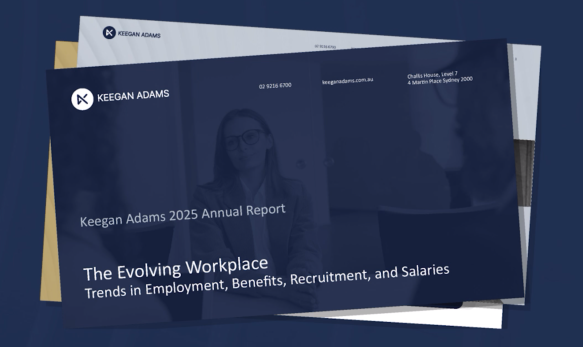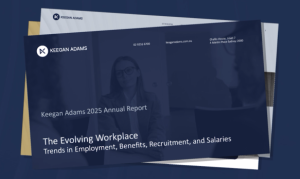Extra 10%
Job hunting can be a daunting and stressful process. You need to stand out from the crowd and impress potential employers with your skills, experience and personality. But how do you prepare for this challenge and perform well during the recruitment process? Here are some tips that are not commonly discussed, but can make a…
Published on January 3, 2024
Saffron Stevens
Job hunting can be a daunting and stressful process. You need to stand out from the crowd and impress potential employers with your skills, experience and personality. But how do you prepare for this challenge and perform well during the recruitment process?
Here are some tips that are not commonly discussed, but can make a big difference in your job search and application:
Research the company and the role.
Before you apply for a job, you should do some background research on the company and the role you are interested in. This will help you tailor your resume and cover letter to match the specific requirements and expectations of the employer. It will also help you prepare for the interview, as you will have some knowledge of the company’s culture, values, goals and challenges. Find information about the company, such as its history, mission, vision, products, services, competitors, customers, achievements, awards, news, reviews and social media presence.
Use keywords and phrases that match the job description.
When you write your resume and cover letter, you should use keywords and phrases that match the job description and highlight your relevant skills and experience. This will help you pass the initial screening. A web search will quickly yield examples of resume and cover letters that are similar to the job you are applying for but always take the time to personalise them to capture your unique skills, experience and personality. Highlight how your expertise is increasingly relevant based on current trends and issues in your industry and profession to help your application stand out.
Create a personal brand online.
In today’s digital world, employers often check candidates’ online presence to get a sense of their personality, interests, values and professionalism. You should create a personal brand online that showcases your skills, achievements, passions and goals. You can use platforms such as LinkedIn, Twitter, Facebook, Instagram, YouTube, Medium, WordPress and GitHub to build your online profile and network with other professionals in your field, although LinkedIn is the most often used in the financial services industry for researching candidates. You should also update your privacy settings and delete any inappropriate or irrelevant content that might harm your reputation or image.
Practice your interview skills.
The interview is the most important part of the recruitment process, as it gives you an opportunity to demonstrate your fit for the role and the company. You should practice your interview skills before the actual interview to improve your confidence, communication and presentation. You can web search to find common interview questions and answers for your industry and profession. You should also prepare some questions to ask the interviewer at the end of the interview to show your interest and enthusiasm for the role and the company. It is also worth researching typical business attire at the company to ensure you present yourself appropriately. If in doubt, err on the side of more formal professional clothes.
Follow up after the interview.
After the interview, you should follow up with a thank-you email or note to express your appreciation for the opportunity and reiterate your interest in the role and the company. This will help you leave a positive impression on the interviewer and increase your chances of getting hired. You should also ask for feedback on your performance and areas for improvement, although you may not always receive it due to time pressures.
Published on January 3, 2024
Saffron Stevens




















